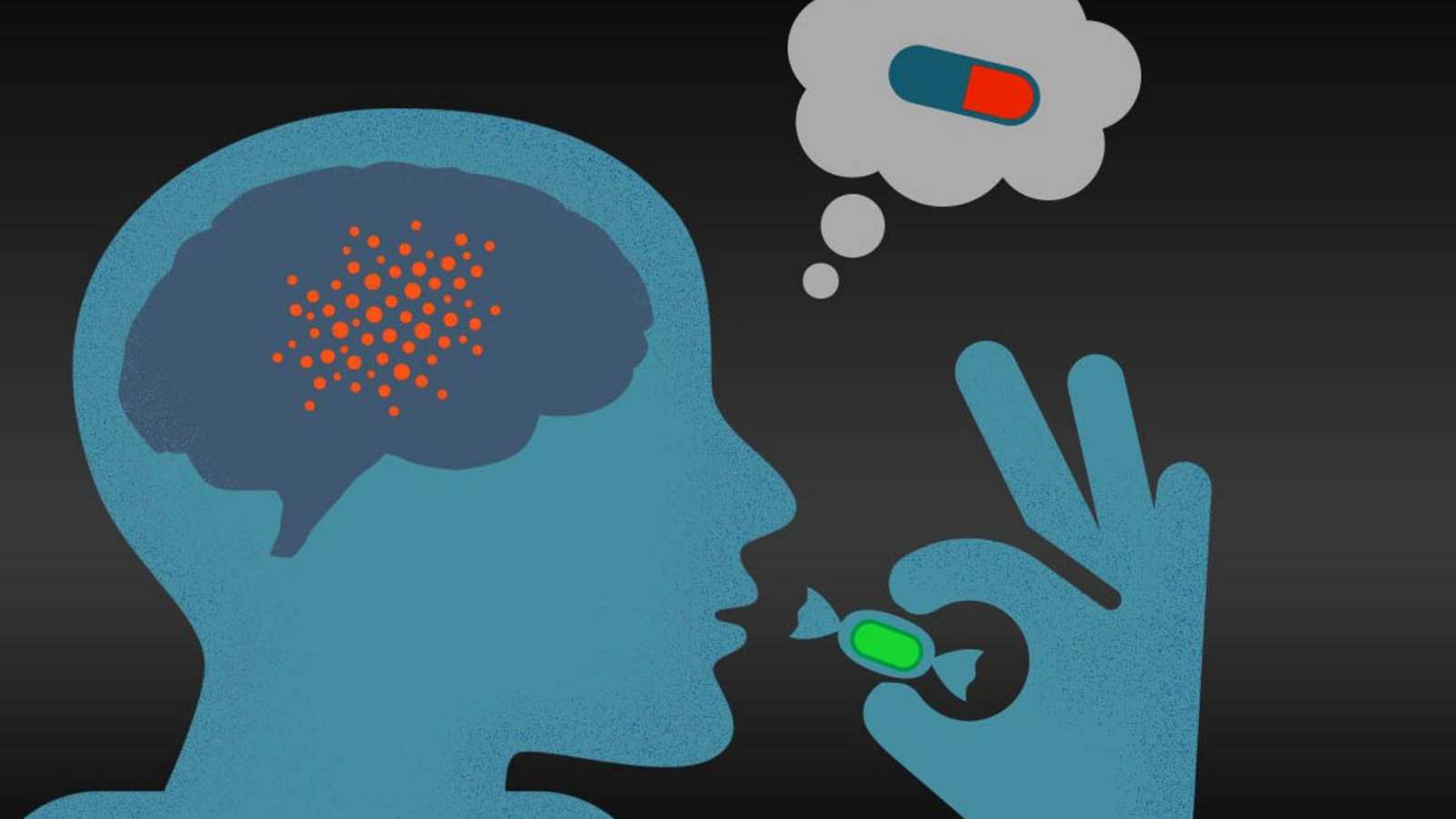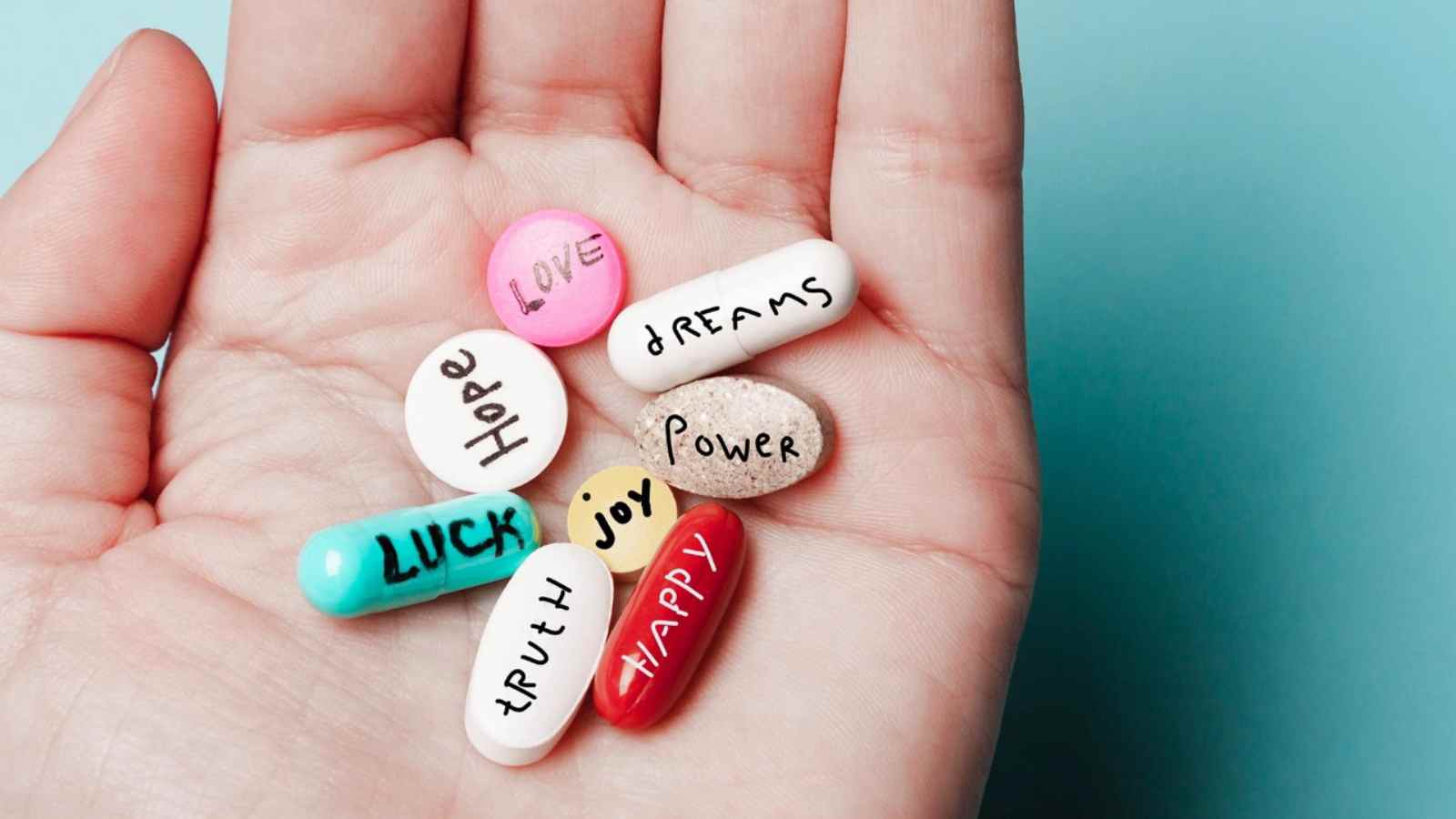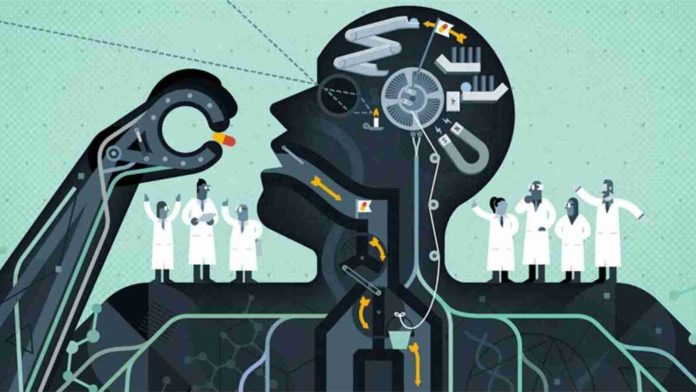In the medical world, doctors and health experts use various methods to cure a patient or find a cure for a disease. This sometimes includes going the unconventional way. One such thing is the Placebo effect.
The word Placebo comes from the Latin phrase which means ‘[I] shall be pleasing’. It was earlier used in Office of the Dead taken from the book of Psalms. Placebos have been used for ages to cure patients or to find the treatment of a condition in a medical trial.
Read More: What Is Brain-Eating Amoeba? The Deadly Micro-Organism That Lives In Water Bodies Can Kill You
What Is A Placebo Effect?

A placebo is basically a sham substance that does not have any therapeutic value. It is anything that seems real but is not. It can be a pill, a syrup, or a shot. While the medium may vary, all of them are fake drugs.
Placebos are mostly used by researchers during medical studies to find the effect of a new drug or treatment on a particular condition. The test subject is given two types of drugs, one real and one placebo. They are then observed and a result is concluded.
The fake drug helps the researchers to draw a conclusion on the effect and side effects of the new drug. Sometimes, a person can have the effects of a placebo. It can be positive or negative.
The person’s condition may improve with the placebo. They may also have side effects. These responses are called the placebo effect.
How Does A Placebo Effect Work?

The placebo effects are random and unpredictable, often hard to measure. If it is used to treat sleep deprivation, the patient might feel that they are sleeping better. But there is no improvement in the sleep onset latency.
Researchers have studied how placebo affects our mind and body. A theory states that it basically taps in on our expectations. For example, a patient in a trial expects to be given the right drug. So they assume that the placebo is the right one. This affects how our body reacts to it.
For instance, in a study, patients were given a placebo and told it was a stimulant. After taking the pill, their pulse rate and blood pressure increased. Their reaction speed also improved.
When they were given the same pill and told it was to help them get to sleep, they experienced the opposite effects. Studies have also concluded that placebos do not appear to affect the actual condition or outcomes that are not dependent on the patient’s perception.
Read More: What Is Aphasia, The Condition That Compelled Bruce Willis To Retire?
Read More: Top 10 Deadliest Viruses On Earth Right Now
Do follow us on: Google News | Facebook | Instagram | Twitter

